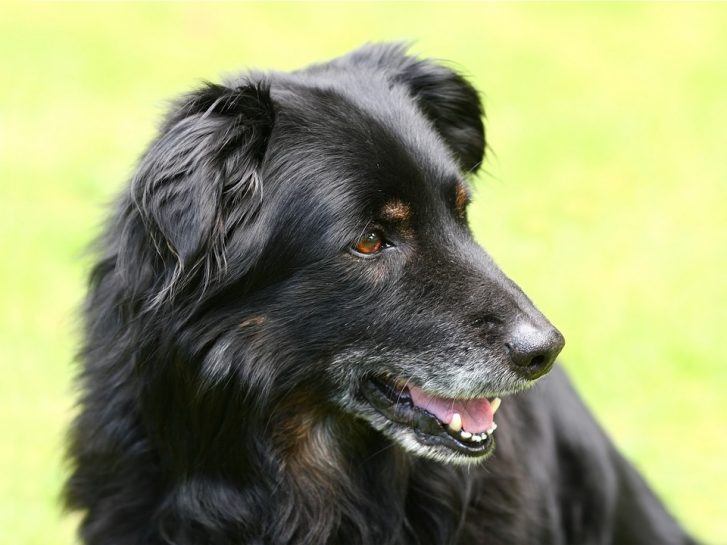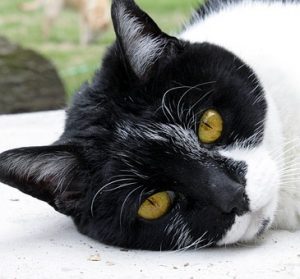Starting a new year gives us an opportunity to reflect on areas of our lives that we would like to improve. Thinking about being a better pet owner, especially with our senior buddies, is something that we at Amherst Veterinary Hospital are excited about!
Many of the same problems that affect people as they age, such as arthritis and diabetes, can also affect our pets. Making a few changes to the way we care for our furry friends will help to ensure that our pets stay healthy and happy as the years go by.
Look for Common Signs of Illness
Changes in your pet’s behavior can be a sign that something is wrong. Sick animals can become more or less affectionate than before. Some may refuse to leave your side, while others will spend more time alone. Cats, in particular, tend to find out-of-the-way hiding places when they don’t feel well. Some symptoms to look for are:
- Changes in Eating Habits. Has your pet lost interest in eating or started drinking more than usual? A lack of interest in food can be caused due to dental issues, kidney or liver disease or a change in food, while increased thirst can be a sign of diabetes.
- Elimination Woes. Frequent constipation or diarrhea or difficulty urinating can be signs of serious illness and should not be ignored. Housetraining setbacks can also occur as your pet ages. Sometimes, making a few modifications, such as adding litter boxes to every floor of your house for your arthritic cat or adding a ramp to your home for a dog with hip dysplasia can solve the problem.
- Bumps, Lumps and Other Issues. Bumps and lumps can be caused by harmless cysts or may be a sign of cancer. The only way to determine the cause is with a visit to your veterinarian. Other issues that warrant a trip to the vet include frequent coughing, trouble breathing, vomiting or changes in your pet’s coat.
Make Your Pet Comfortable
Older pets will appreciate anything you can do to increase their comfort, starting with a soft place to rest. Staying warm is a particular concern for older pets. Pets that were perfectly comfortable on chilly days in their younger years may have trouble staying warm when temperatures drop. A pet jacket or sweater will help keep your senior pet warm, although dogs may be more likely to tolerate wearing a sweater than cats.
Daily runs with your dog may have to end if arthritis or a general slowing down due to age is a problem. Although runs may no longer be possible, it’s still important to make sure your dog still gets exercise every day. Playing games with your dog or cat not only improves physical fitness, but also helps keep your pet mentally sharp.
Arthritis and other joint problems can make jumping more difficult. If your pet usually sleeps with you but has trouble jumping on the bed, buy pet stairs or a ramp to make getting into bed easier.
Nutrition
Good nutrition is essential in keeping your pet healthy. Keep these tips in mind when selecting food for your senior pet;
- Buy Senior Pet Food. Help your pet maintain a healthy weight by feeding food specially formulated to meet the nutritional needs of older pets. Excess weight stresses the joints. If your pet already has arthritis, gaining weight will make symptoms worse.
- Avoid Overfeeding Your Pet. Older pets generally need less calories because they are less active. Adjust the amount of food you give your pet to avoid weight gain. Pay attention to the calorie count of treats, too. Buy low-calorie treats and limit the amount of treats you offer your pet.
Regular veterinary visits are very important as your pet ages. If it’s been six months or more since we have seen your furry friend, you can phone any of our friendly receptionists on 604 221 7771 to schedule an appointment.
Source
http://www.petmd.com/dog/centers/nutrition/slideshows/how-to-care-for-senior-pets


